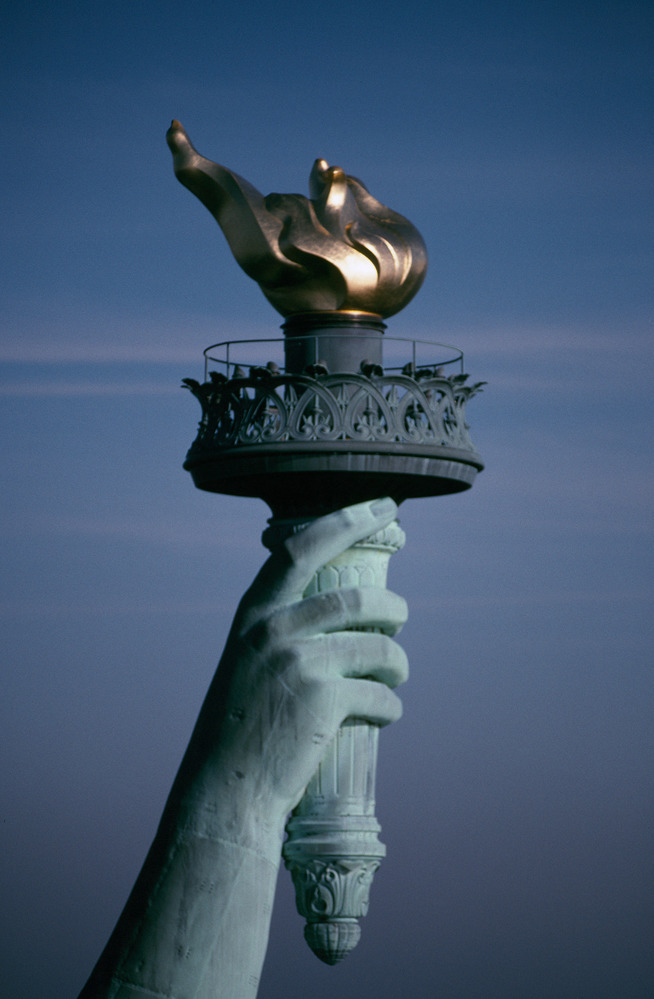For the last four weeks, I have failed to find adequate time to write a respectable blog post. Events and past commitments have gotten the best of me. I spent four days in Iowa during the first week of this month, and two days in North Carolina the following week. In between, I was racing to stay ahead of the demands of my online teaching for the University of Iowa. One surprise request for consulting work intervened on a very short-term basis.
Why do I mention this?
Because, despite that drought of blog production, this blog has been gaining new subscribers by the hundreds weekly, a trend still underway. It seems logical to conclude, without any new posts, that the most recent article, “If You See Something, Say Something,” from September 22, remains the driving force. When I wrote it, however, I thought it an interesting turn of phrase but hardly the most interesting overall post I had ever written. I had modest expectations for the reaction it would get, and that seemed confirmed by an underwhelming reaction on Facebook.
I believe I underestimated the utterly accidental convergence of events. It was not long after that post that a whistleblower in the U.S. national security establishment complained formally about President Trump’s telephone call with Ukrainian President Volodomir Zelenskiy, in which, the White House summary of the call later revealed, Trump pressed Zelenskiy to investigate former Vice President Joe Biden in return for the sale of needed weapons for Ukraine to defend itself against Russia and Russian-allied separatists. That set in motion an entire train of revelations including testimony by current and former diplomats and other officials. Speaker of the House Nancy Pelosi announced a formal impeachment inquiry. The house of cards in the White House has been tumbling ever since.
I simply had the dumb luck of writing what I wrote and asking citizens to become whistleblowers to save American democracy right before one of the most consequential series of events in modern presidential history. I have no doubt that my increased readership is simply the product of people searching for content on whistleblowing and similar subjects and stumbling into my blog. I can say that I am glad so many of you liked what you saw and decided to stay. But be prepared for me to explore many other subjects in coming weeks and months.
Why?
More than six years ago, after I had initiated the blog, I wrestled with its focus. Experienced blog writers seemed to suggest one needed a “subject” for a blog. What was mine? I was not entirely sure. Every subject I considered seemed insufficient.
I was an urban planner. I was an author. I loved literature. I read a lot of books and did not mind reviewing some of them. I had religious and moral beliefs and perspectives that had evolved over decades. I graduated with a B.A. in political science but later earned degrees in journalism and urban and regional planning. I had become a disaster planning expert. I did not feel whole without embracing the full extent of my far-ranging curiosity.
One morning I awoke with a special insight. The blog, I decided, was about whatever I damn well chose to write about on that day. It would express everything I had to offer, everything I felt competent to discuss. That was in 2013. It was three years later before the turn in American politics concerned me to the point that I also felt strongly that expressing my opposition to some current developments was simply a response to my own moral and intellectual center, politics notwithstanding. I would say whatever I felt I needed to say. Every so often, the urge would emerge, and I would somehow find words to say something unique.
One never knows how what one must say feeds into the larger community or national narrative. It is the role of faith to help one make that leap and join the dialogue. And that’s all I did four weeks ago. But I am overjoyed to have so many of you join me. It makes me want to wake up in the morning and write something. Stay tuned. More is coming.
Jim Schwab

